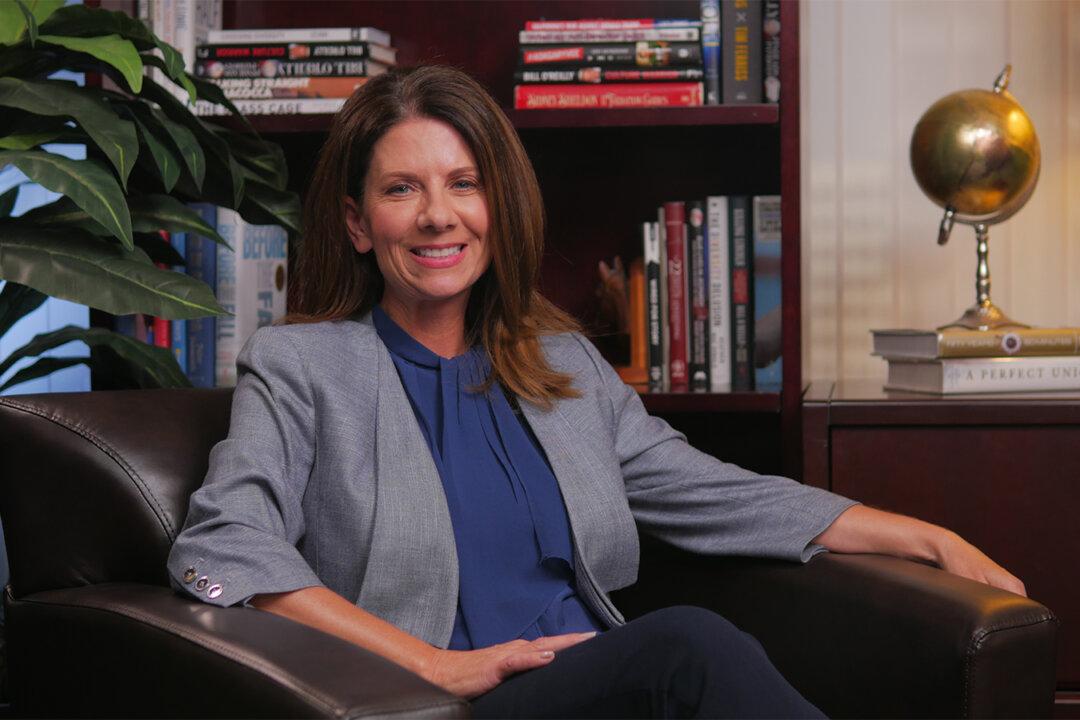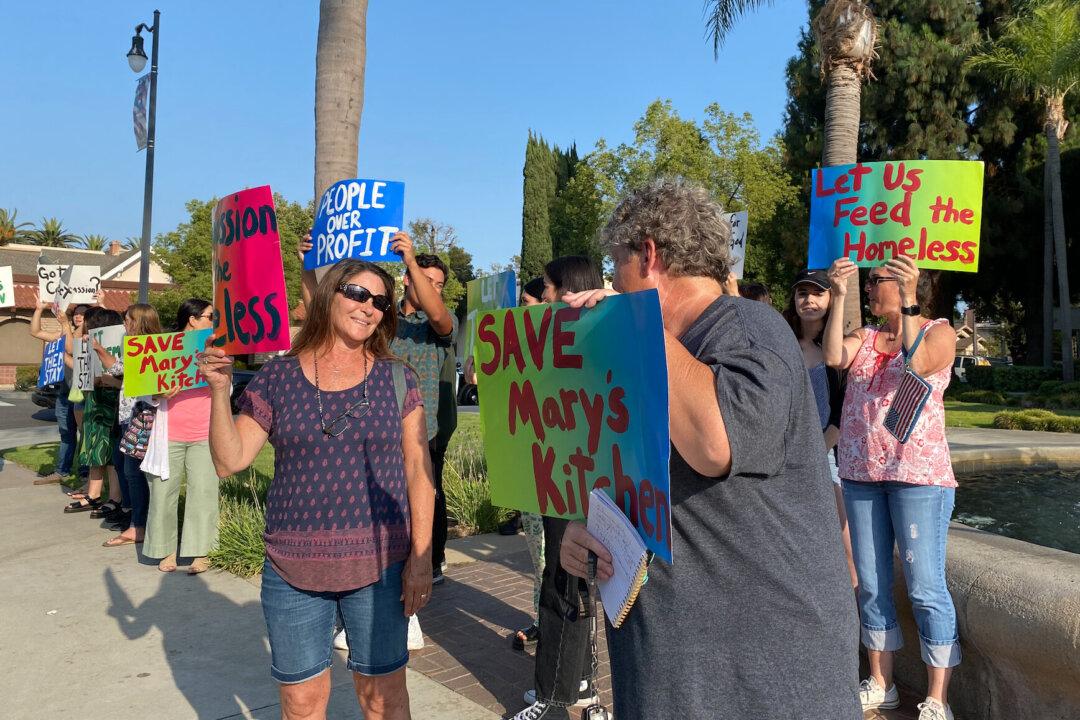A pair of bills designed to tackle “cancel culture” by designating political affiliation as a protected class have failed to pass the California Senate Judiciary Committee.
Sen. Melissa Melendez (R-Lake Elsinore), who introduced the bills, told The Epoch Times that partisan politics played a role in the committee’s decision, which she said threatened freedom of speech.





